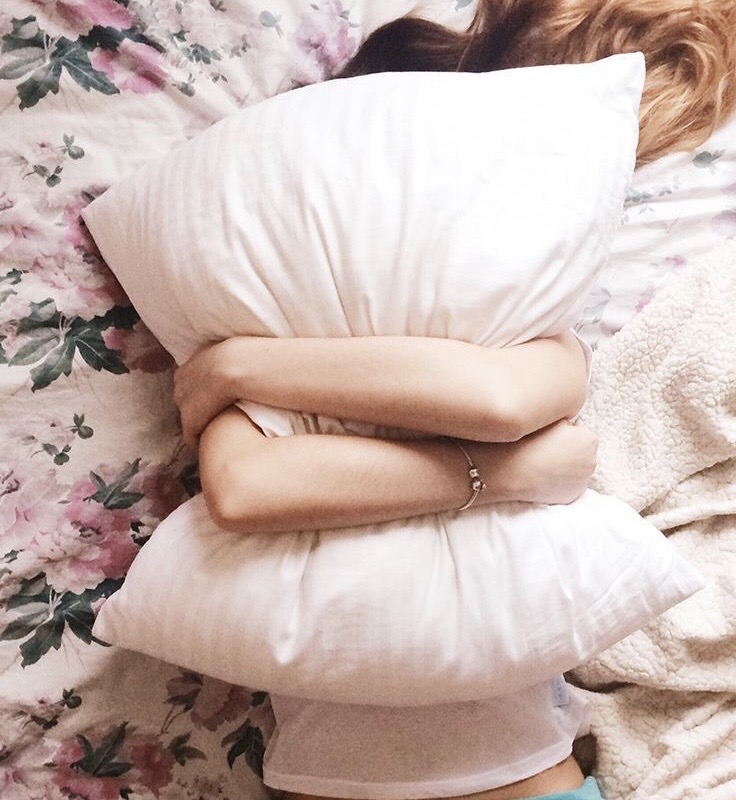 Since lockdown many people have reported struggling with their sleep. This isn’t surprising when we have a natural sleep rhythm tuned to our normal routines. We all know dealing with change can cause stress and anxiety, and in the current climate this may well be another roadblock to a good night’s sleep.
Since lockdown many people have reported struggling with their sleep. This isn’t surprising when we have a natural sleep rhythm tuned to our normal routines. We all know dealing with change can cause stress and anxiety, and in the current climate this may well be another roadblock to a good night’s sleep.
Without sleep our bodies don’t function as efficiently, a lack of sleep can make us more prone to injury when we exercise, lowers productivity and can lead to overeating.
If counting sheep isn’t doing the job, we’ve put together a helpful list of tips to sleeping well.
Stick to a routine
Waking up and going to bed at the same time each day helps improve sleep. Perhaps set an alarm at the same time each morning or try being strict with yourself about when to get your head down.
Spend time outside in the morning
Exposure to natural light can do our sleeping patterns a world of good, why not make a point of enjoying your morning tea outside in the sun?
Only drink caffeine in the morning
Switching that afternoon coffee to a tea might not give you the afternoon pick-me-up you need right now, but after a few nights of good sleep you might find yourself not needing to reach for that afternoon caffeine or sugar fix.
Meditate
Take half an hour out of your day to zone out from the world around you. In our recent blog post we share some free meditation practices to try at home.
Exercise
Doing just 30 minutes of exercise a day can help get rid of some excess energy and prevent your brain from whirring before bed.
Eat before it gets dark
Eating early has a positive impact on our circadian rhythm (body clock). Eating before 6pm and avoiding those evening snacks can help your body to understand that you’re preparing to sleep.
Avoid alcohol
Some people see alcohol as an relaxant but in truth, the sugar in alcohol has a negative effect on sleep. Swap that evening glass of wine for a water and you might just notice a big difference.
Have a bath
Winding down with a warm bubble bath relaxes the muscles and can provide a space to zone out from the world around you (device-free!).
Write in a journal before bed
Whether you want to focus on the good and write down five things you’re grateful for, or use it as a space to vent, writing in a journal can help your brain to switch off before going to sleep.
Limit the amount of blue light before bed
Blue light can trick the body’s circadian rhythm into thinking its too early for bed, try switching off your devices and reading a book instead.
Did you know that natural therapies can also be used to improve sleep? Read an article FHT contributed Sleep Well magazine about the sleep benefits of natural therapies.





